#california
New York to Ban Sale of Gasoline Vehicles After 2035
New York Governor Kathy Hochul signed into law a bill that effectively makes the sale of new gasoline-powered automobiles illegal within the state after 2035. On Wednesday, the state’s new governor took the brave step of copying California in deciding that all new passenger cars and light-duty trucks be zero-emission models within the next 14 years. Though she saw it as a totally original strategy necessary for stopping the horrors of global warming, which we now call climate change.
It’s also not technically her plan, as the State Assembly voted on the bill months before she took office with all Democrats and three Republicans voting in favor. It later passed the Senate in another party-dependent vote aided by the state’s Democratic majority.
Junkyard Find: 1999 Subaru Legacy Outback Limited Wagon
2022 Mazda MX-30 EV Too Expensive, Terrible Range
Mazda has announced pricing for its first all-electric vehicle and it’s not exactly coming across like a square deal. The manufacturer has announced the base model will start at $33,470 before an obligatory $1,175 destination charge. But the small crossover is only capable of completing 100 miles on a single charge, making it seem as if Mazda designed the car specifically to mock EV advocates.
While we frequently chide electric vehicles for skimping on the fundamentals, Mazda’s take on the segment is inexcusable. There were battery driven vehicles debuting a decade earlier with modestly sized packs capable of covering similar distances to the MX-30. Those considering one would almost certainly be better served by a Nissan Leaf and it doesn’t even need to be a brand new one. However Mazda is doing what it can to sweeten the pot, resulting in some interesting marketing decisions.
Junkyard Find: 1984 Buick Century Olympia
Buick was one of the major sponsors of the United States Olympic Team for the 1984 Summer Olympics in Los Angeles— you know, the Games that got boycotted by the Evil Empire as payback for our boycott of the 1980 event— and the centerpiece of that sponsorship came in the form of a very special car: the 1984 Buick Century Olympia. We last saw one of these rare machines back in 2014, and now the Junkyard Find series returns with another, found in the San Francisco Bay Area a couple of months back.
Junkyard Find: 1964 Volvo PV544 Sport
When I’m searching car graveyards for interesting examples of automotive history, discarded rear-wheel-drive Volvos from the Swedish Brick era (roughly 1967 through 1998) have been easy enough to find over the last decade. Yes, 140s, 200s, 700s, 900s— I’ve been able to document each type. Even the pre-brick Amazon isn’t so hard to find in the big American U– Wrench– It yards. But the Amazon’s ancestor, the PV444/544, that’s a rare Junkyard Find, even though Americans could buy the PV544 through 1966.
Junkyard Find: 1996 Mercedes-Benz SL 320
Tesla Sued Over Supercharging Fees, Broken Promises
Tesla is being sued in California by an owner that’s claiming the automaker broke its promise of a lifetime of free charging after it started imposing fees upon people who allowed their cars to sit at stations for too long. For those of you that don’t recall, Tesla began rolling out its Supercharger network in 2012 and promised unlimited free charging as a way to entice early adopters. While it doesn’t pertain to all vehicles and has existed in various incarnations, gratis electricity was available on most properly equipped Model S and Model X purchased by 2016. But the deal has existed in various incarnations through 2020 and has been confusing customers almost as much as the apparently bogus self-driving suite.
As the brand became more popular, you’d start seeing Tesla owners populating Supercharging stations in greater numbers and chattering about their interests. Unfortunately, those extended diatribes on the merits of TEDx and spending a fortune on minimalist interior home design resulted in stations being occupied but going unused. To discourage this Tesla began imposing fines in 2016, noting that it hoped never to make money on the updated arrangement.
Stop the Porsche Panic: The Stop-Sale of Manual GT3s in California is No Big Deal
It’s a headline that sounds ready-made for outrage-clicks from both the #savethemanuals crowd and those who dislike too much regulation of autos: “Porsche 911 GT3 Manual Can’t be Sold in California.”
Some outlets used some variation of that wording when reporting the story. A story that sounds like a case of overbearing regulators killing the fun by meddling in the free market. Add in the California factor — remember, it’s the only state that can set its own emissions standards — and feel the blood boil.
Truth is, the story is a bit more mundane than all that.
Washington Wants to Become First State to Ban Gasoline Powered Cars
Washington has elected to become the first slice of America to ban the internal combustion motor, and we don’t just mean new sales. The Pacific state passed a bill on Thursday that would make the registration of gasoline or diesel-powered vehicles from the 2030 model year onwards illegal — leaving residents with the option to purchase a new electric vehicle, buy a secondhand gas burner, or throw up their hands and move elsewhere.
It’s an interesting concept, especially considering there’s very little evidence to suggest the industry will be at a point where total EV adoption will be remotely plausible by 2030. Even California, which is famous for its heavy-handed environmental regulations didn’t think it could start mandating the death of the internal combustion engine until at least 2035. Though Washington is reportedly not making this a concrete rule and it hinges on the adoption of another bill that would tax vehicles based on the number of miles driven. Think of it like a fuel tax that follows you around, even if you’re not using any.
California Wins the Gas War, Fickle Automotive Coalition Realigns Position
The Coalition for Sustainable Automotive Regulation (CSAR) is officially withdrawing from a lawsuit between California and federal authorities over the coastal state’s ability to establish its own emissions standards. California leadership had vowed to ignore the Trump administration’s proposed rollback and began making binding side deals with automakers (specifically BMW, Ford, Volkswagen, Volvo, and Honda) committed to adhering to the aggressive limits established under President Obama. Unfortunately, this ran the risk of undermining the revised national standards penned shortly after the United States became energy independent. It also set up the CSAR to embrace any entity that had views conflicting with California Air Resources Board.
Federal concerns were that the Golden State setting its own targets would butt heads with the relaxed national benchmarks and ultimately divide the U.S. market and may even influence the types of vehicles that were manufactured for all of North America. But the issue became moot once President Biden broke the record for executive orders by signing 22 in his first week. Predictably, the brunt of these were designed to instantly undo any actions taken throughout the duration of the Trump administration and included one directing the Department of Transportation and EPA to reconsider the 2019 decision to remove California’s authority to limit tailpipe emissions by April and revise the fuel-efficiency standards for automobiles by summer.
Gas War: Ford Urges Other Automakers to Join the Californian Coalition
The Ford Motor Company is asking automakers to join it in supporting Californian vehicle emissions targets aimed at supplanting the rollback that was supposed to become the national standard. General Motors has already abandoned its support of the Trump rollbacks, which offered concessions to appease environmental groups but ultimately targeted more lax fueling regulation while seeking to eliminate California’s ability to self regulate as a way to curb its influence. But industry leaders are under the impression that a President Biden would attempt to swiftly transmission back to Obama-era regulatory targets or simply adopt the California model that’s been at odds with the national standards established by the Trump administration.
Considering how aggressive the Biden-Harris energy/environmentalism platform is, it certainly seems a plausible scenario and certain automotive executives feel that it would be best to go into 2021 aligned and supportive. The matter is even scheduled to be brought forward during Tuesday’s virtual auto trade association meeting.
GM Switches Sides in the Gas War, Joins California/Biden
General Motors has changed its mind on backing the Trump administration’s effort to supplant Obama-era emission regulations with something more manageable and prohibit California from setting its own emissions rules. Of course, the coastal rules aren’t really just for California — it desperately wants to export them to the rest of the country and has made rather incredible headway for not being the federal government. The coastal region has already convinced over 20 states to follow in its footsteps and even amassed support from auto manufacturers like BMW, Ford, Honda, and Volkswagen Group.
Other automakers, including General Motors, felt the Trump plan would give them more flexibility and undoubtedly make them less subject to government fines. However, with a Biden presidency assured without Trump and Co. having an extremely powerful voter fraud case, GM has become a turncoat. On Monday, CEO Mary Barra issued a letter to environmental groups stating that her company is “immediately withdrawing from the preemption litigation and inviting other automakers to join us.”
GM now wants to work with Joe Biden — probably because the company understands his administration is going to be regulating the snot out of the nation.
Gas War: California Regulators Say Biden Should Embrace State's Emission Plan
While multiple states launch mandatory election recounts and President Trump throws around lawsuits like confetti Joe Biden and the mainstream media are preparing for his ascension from regular old man to Leader of the Free World — though that title doesn’t seem to get much play these days. Biden has already started holding meetings with foreign leaders and experts on how to go about heading the United States. Apparently, there’s even been some progress on how to govern the nation.
On Thursday, California Air Resources Board (CARB) Chairwoman Mary Nichols said the state’s arrangement with major automakers over fuel efficiency requirements would be ideal for the presumed Biden administration — which has promised to implement some of the most ambitious emissions standards the world has ever seen. Nichols also expressed excitement at the possibility of heading the U.S. Environmental Protection Agency (EPA) under a Biden presidency and is reportedly under serious consideration for the position.
Uber, Lyft Win in California: Drivers to Remain Contractors
Uber and Lyft stocks saw a bump this week after California passed a ballot measure that will exempt them (and similar businesses) from a state law requiring contracted drivers to be reclassified as employees.
App-based work platforms bent over backward and expended millions to ensure Proposition 22 passed in November, with many suggesting it was the only way to continue operations in the state. It seems those efforts weren’t for nothing. With over 80 percent of votes counted this morning, the California Secretary of State’s Office announced that 58 percent of voters supported the measure with 42 percent against. Ride-hailing platforms will be legally exempt from California’s Assembly Bill 5 and drivers will remain contracted employees.
Uber Drivers Sue, Claim Company Pressured Them to Support Prop 22
A small group of drivers are suing Uber over repetitive in-app messages from the company about Proposition 22, a ballot initiative it would very much like them to support. Considering the deluge of political messages you’re undoubtedly getting on your own cellular device, you’re probably sympathetic to their plight. There are few things more annoying than being constantly reminded about an election nobody seems capable of shutting up about — especially when they can’t seem to get your name right.
But Uber likely crossed a line with its employees. While political action campaigns can inundate you with the most obnoxious and misleading election information, your employer isn’t supposed to. These drivers are claiming Uber violated their employment rights by trying to get them to support a ballot measure it has a vested interest in every time they checked their mobile device to hunt for a fare.




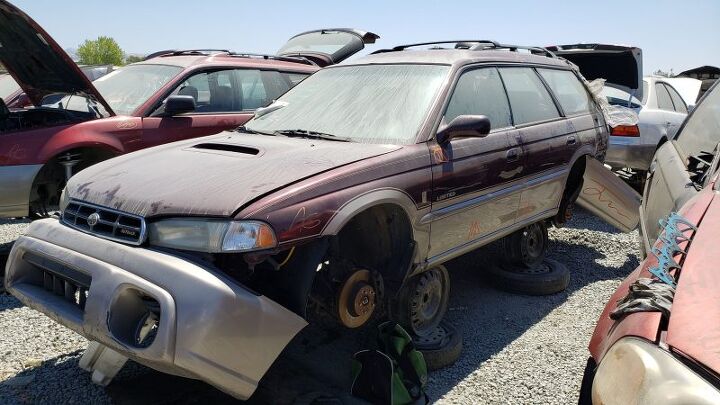
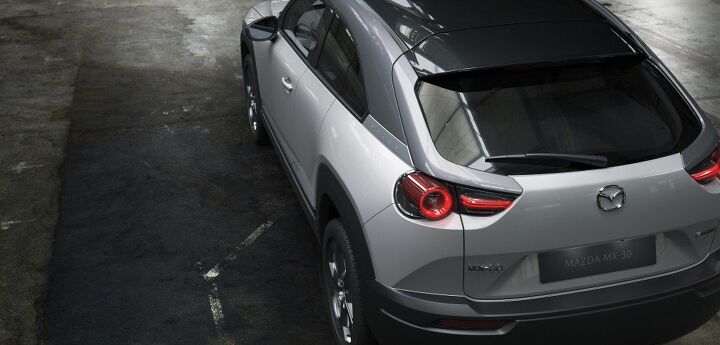
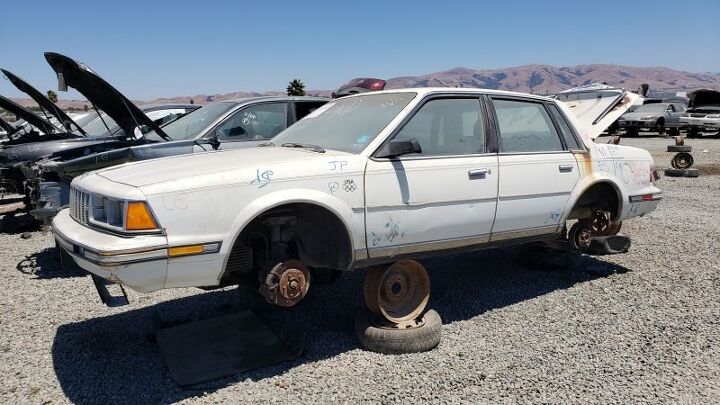
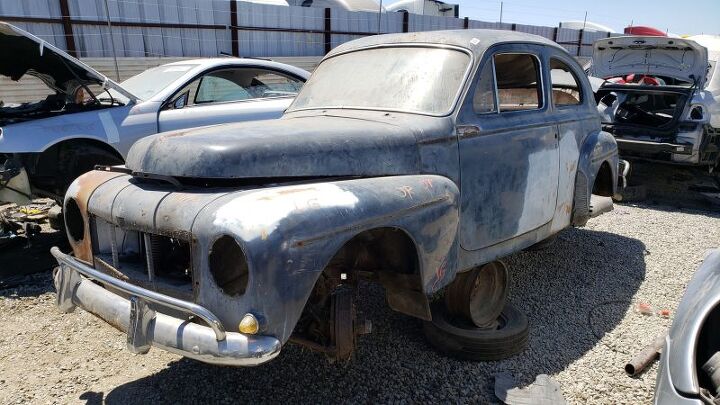
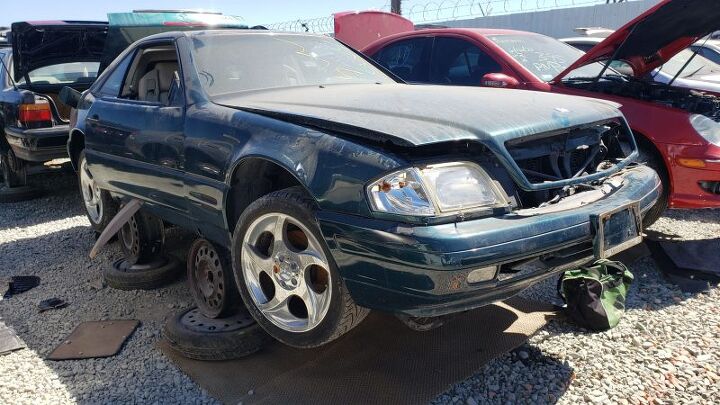

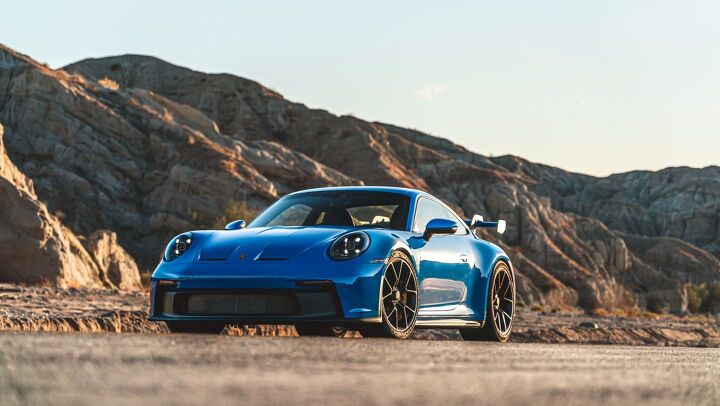



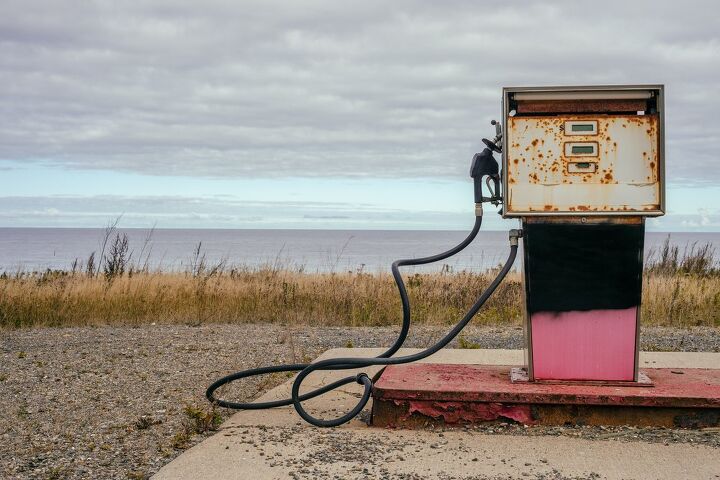
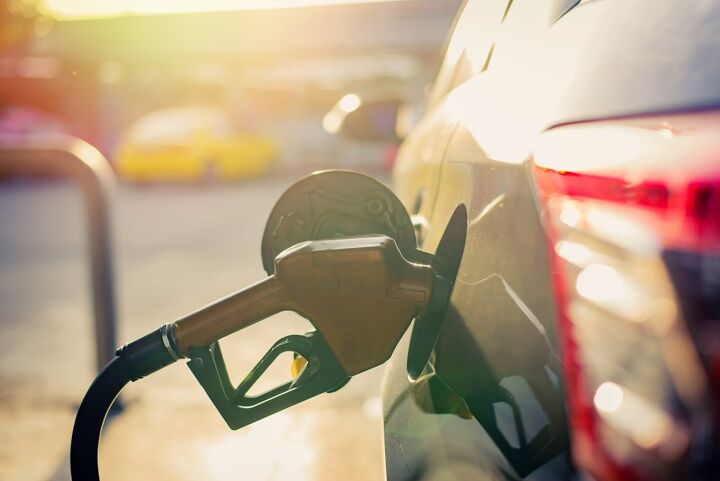
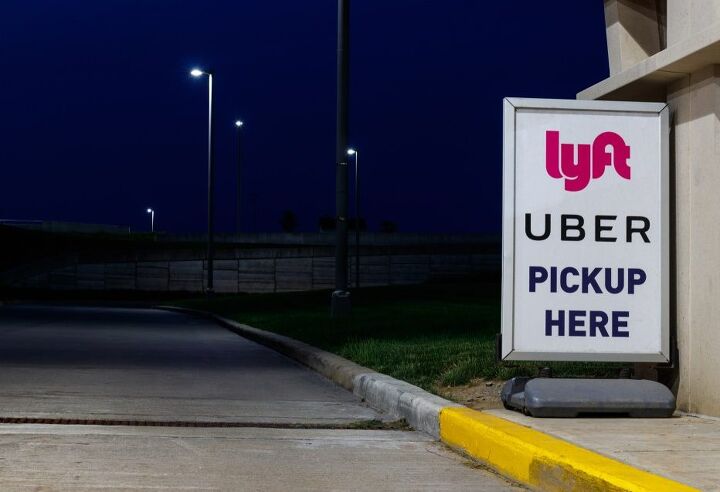













Recent Comments